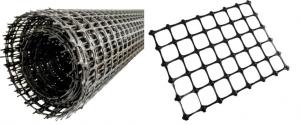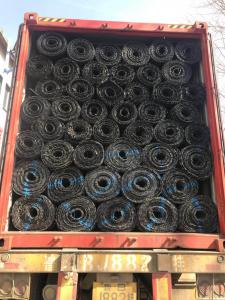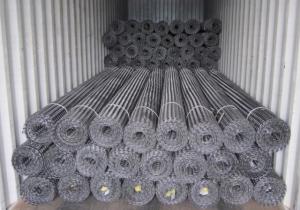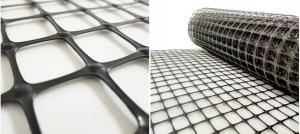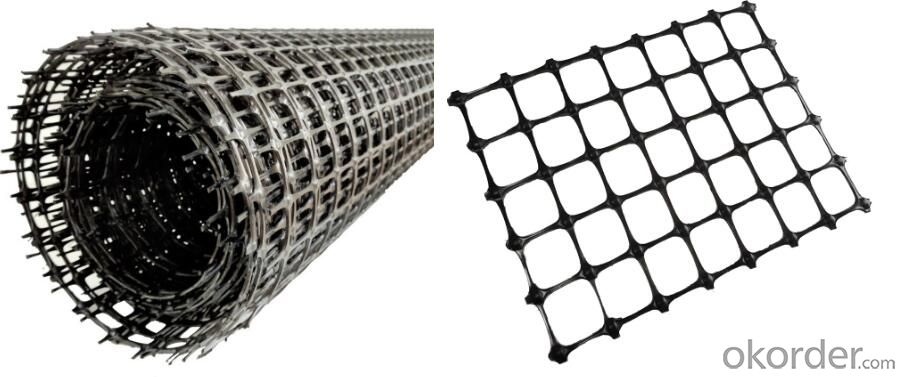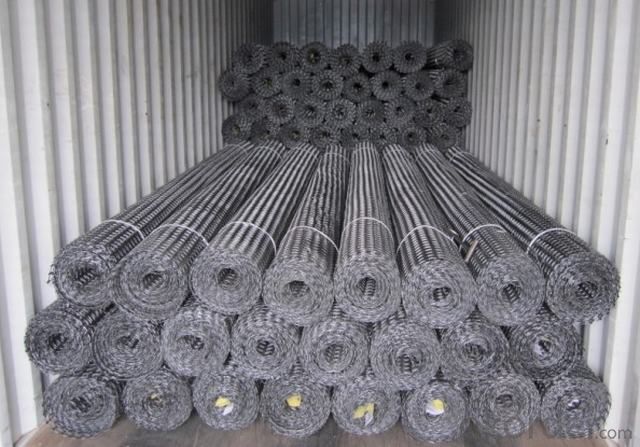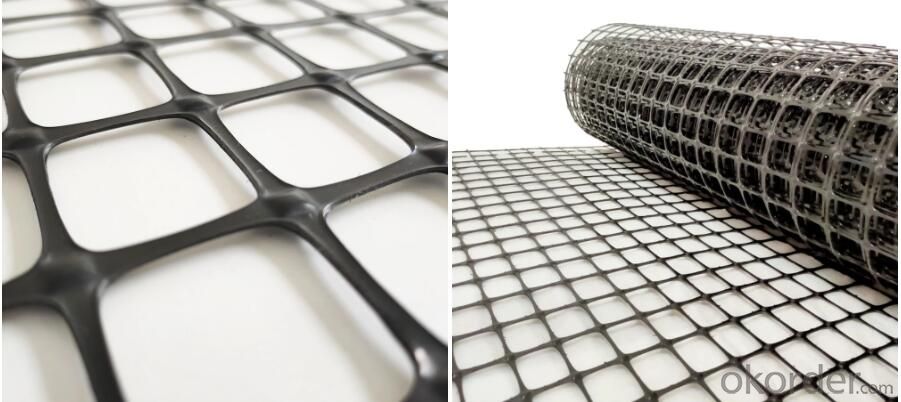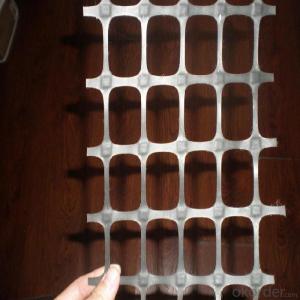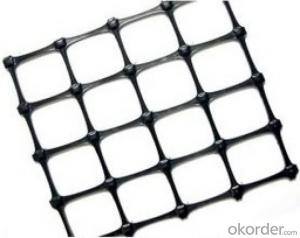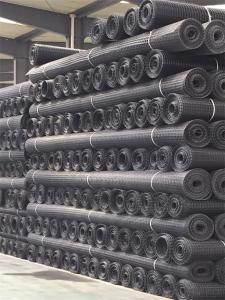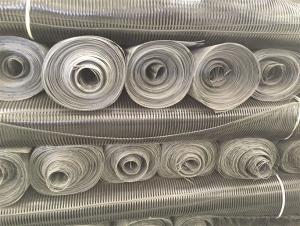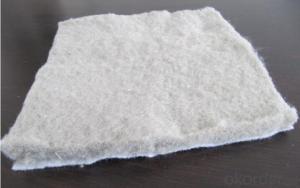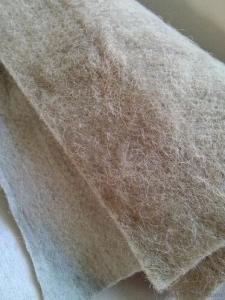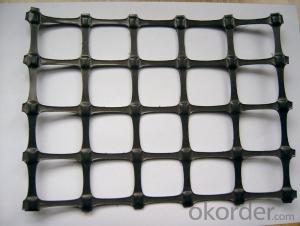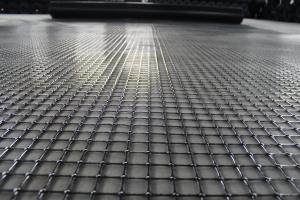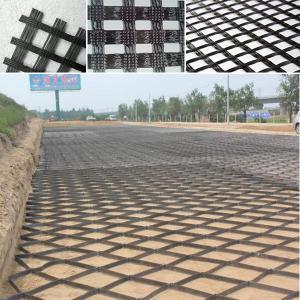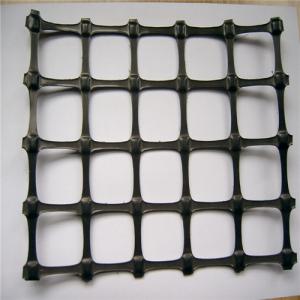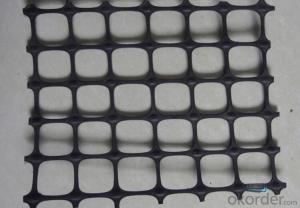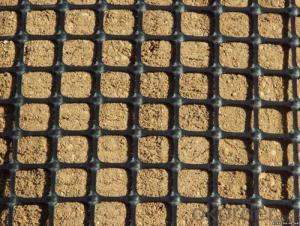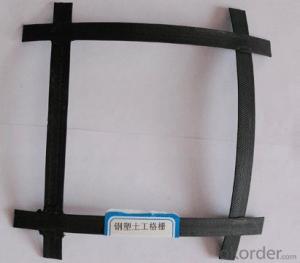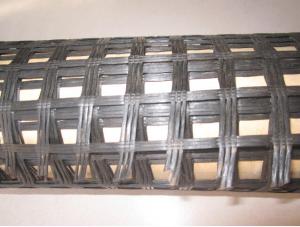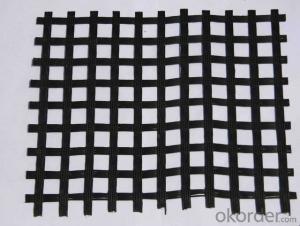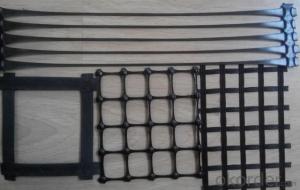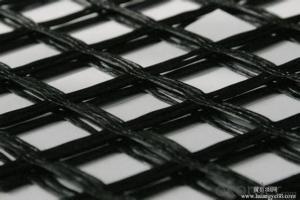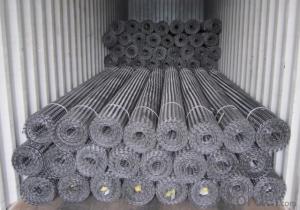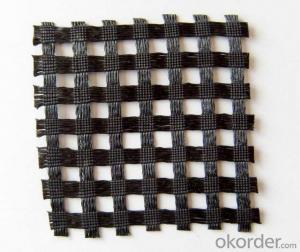PP Biaxial Geogrid 30kn/30kn for Road Reinforcement Project
- Loading Port:
- Tianjin
- Payment Terms:
- TT or LC
- Min Order Qty:
- 5000 m²
- Supply Capability:
- 900000 m²/month
OKorder Service Pledge
OKorder Financial Service
You Might Also Like
Introduction of PP Biaxial Geogrid:
1.Description of PP Biaxial Geogrid
CMAX PP geogrid is made of polymer and certain additive by extrusion technology.
2.Specification of PP Biaxial Geogrid
Tensile Strength: 15-15KN; 20-20KN; 30-30KN; 40-40KN;
Road Size: 3.95x100m; as customer required;
Types: Biaxial;
3. Technical Data Sheet of PP Biaxial Geogrid
Specification | Unit | Test Method | GG1515 | GG2020 | GG2525 | GG3030 | GG4040 |
Polymer | - | PP | |||||
Minimum Carbon Black Content | % | ASTM D 4218 | 2% | ||||
Weight (Tolerance: 10%) | g/m2 | - | 180 | 230 | 270 | 330 | 460 |
Tensile Strength(MD, TD) | KN/m | ASTM D 6637 | 15 | 20 | 25 | 30 | 40 |
Peak Strain (MD, TD) | % | ASTM D 6637 | 13 | 13 | 13 | 13 | 13 |
Load at 2% strain(MD, TD) | KN/m | ASTM D 6637 | 5 | 7 | 9 | 14 | |
Load at 5% strain(MD, TD) | KN/m | ASTM D 6637 | 7 | 14 | 17 | 21 | 28 |
Junction Efficiency | % | GRI GG2 | 95 | ||||
Flexural Rigidity | mg-cm | ASTM D 7748 | 690,000 | 1,090,000 | - | 3,930,000 | 11,480,000 |
Aperture Stability | m-N/deg | COE Method | - | ||||
4.Property of PP Biaxial Geogrid
1). Not easy to produce static after friction. In the coal mine, surface static resistance average is below 1 x 10^9
2). Good flame retardant performance, melt not burning under glam environment, even burning it will extinguish in 10s.
3). Strong anti-corrosion property.
4). High bearing capacity, low elongation.
5.Application of PP Biaxial Geogrid
Coal mine channels, more than 2 layers needed if for false roof use.
FAQ
Q: Can you accept sample order?
A: Yes, we are willing to send small samples for free, while the shipping fee should be afforded by yourself.
Q: What is your delivery time?
A: 1 days for samples, two weeks for mass production.
Q: What is your payment terms?
A: T/T , L/C, Western Union, Money Gram. 30% advance before producing, 70% payment before deliverying.
Q: How can I get my order?How can I know you sent the goods.
A: We will send you the goods by UPS, DHL, Fedex, Oversea Shipment or other forwarder,
all with tracking number or B/L.
Q:How about your quality?
A: Try a small order, you will have your own judgment!
Q: what esle product do you need?
A: pp nonwoven geotextile, pp woven geotextile, geomembrane, polyester geogrid, fiberglass geogrid, geocomposite, etc.
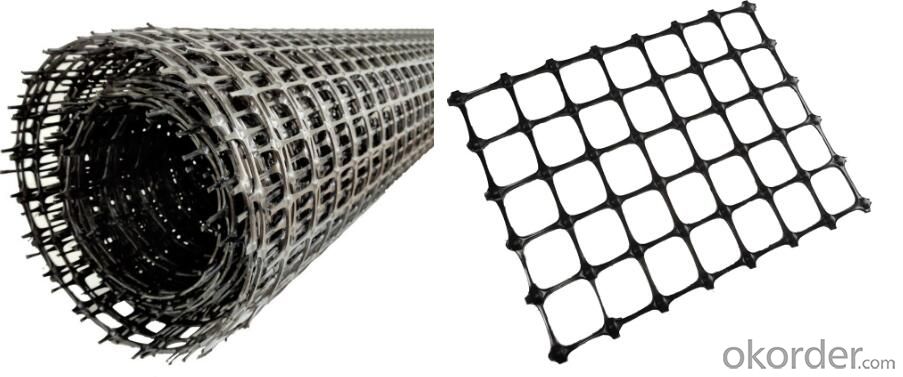
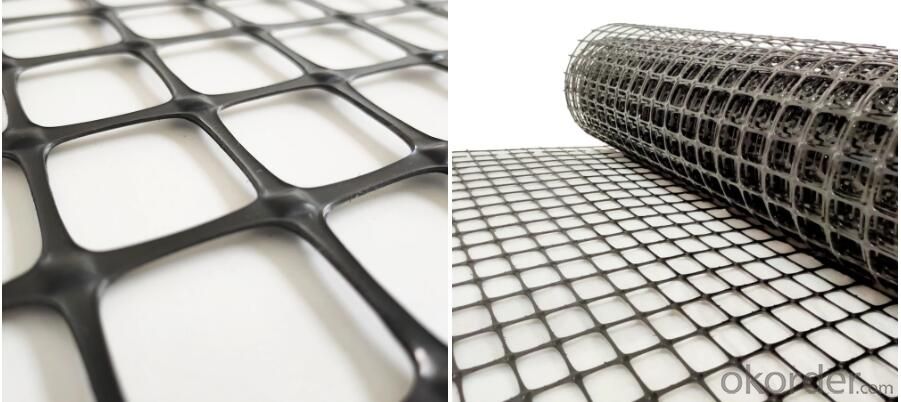
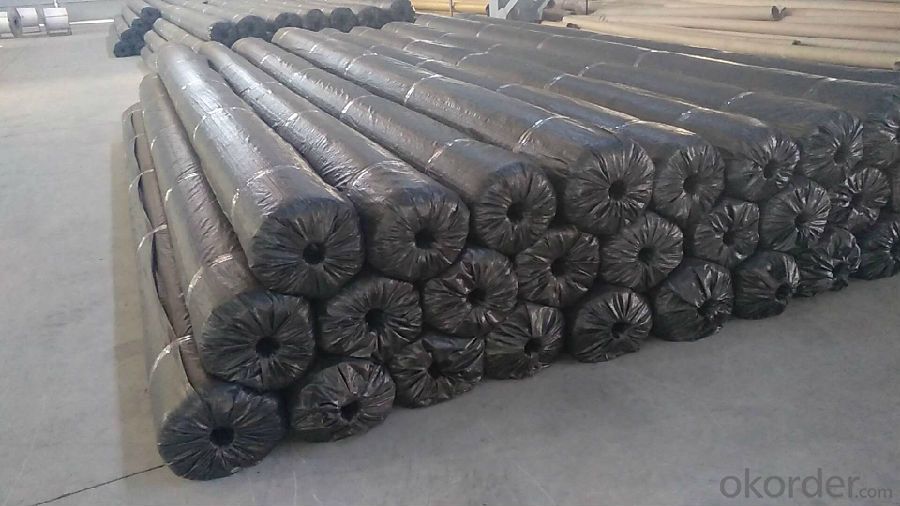
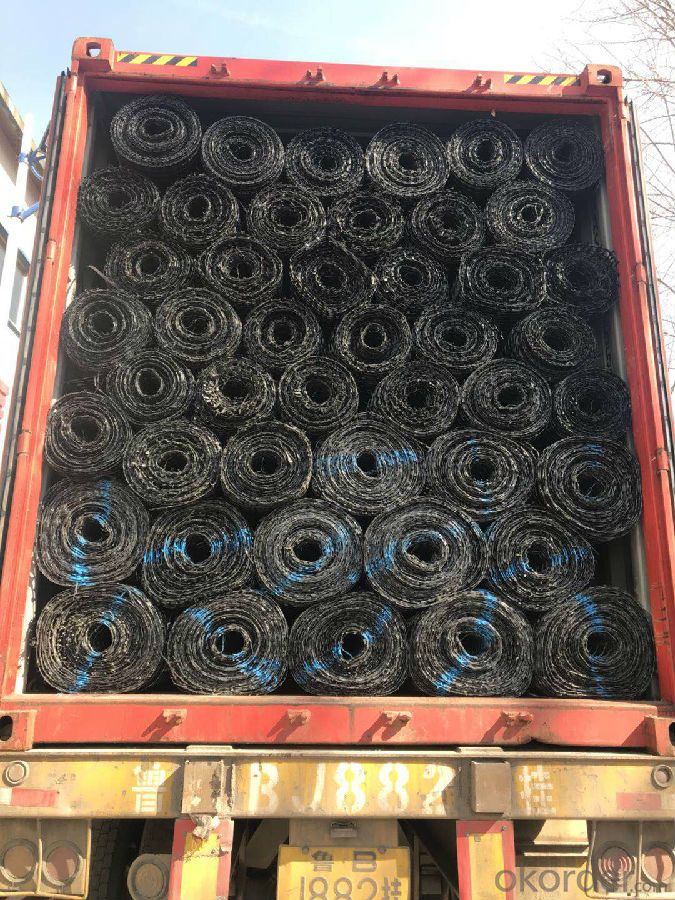
- Q: How much is the double polypropylene plastic geogrid outsourcing testing fee?
- Detection parameters, the price is not the same
- Q: How do geogrids help in soil reinforcement?
- Geogrids help in soil reinforcement by providing a strong and stable framework within the soil, preventing its movement and improving its load-bearing capacity. They act as a tensional element, distributing the applied loads and reducing the stress on the soil. This reinforcement helps in preventing soil erosion, improving slope stability, and enhancing the overall performance and longevity of various civil engineering structures.
- Q: Are geogrids suitable for reinforcing landfill caps?
- Yes, geogrids are suitable for reinforcing landfill caps. Geogrids provide a strong and stable reinforcement layer that helps to distribute load and prevent soil erosion on landfill caps. They enhance the overall performance and longevity of the cap system by improving stability and reducing settlement.
- Q: Are geogrids suitable for use in high groundwater conditions?
- Yes, geogrids are suitable for use in high groundwater conditions. Geogrids are made of robust materials that are resistant to various environmental factors, including water. They have excellent drainage properties, which allow water to flow through them without compromising their structural integrity. This makes geogrids a reliable solution for reinforcement and stabilization in areas with high groundwater levels.
- Q: What is the width of glass fiber grating 100cm
- Width 100cm refers to the width of 1.0m wide, the length can be customized according to the actual situation, such as 2m, 3M, etc..
- Q: What is the effect of junction strength on geogrid performance?
- The junction strength of a geogrid has a significant impact on its overall performance. A higher junction strength enhances the geogrid's ability to distribute loads and resist deformation, leading to improved soil reinforcement and stability. It helps to prevent the geogrid from tearing or failing under high stress conditions, thereby increasing its durability and lifespan. Additionally, a stronger junction also enhances the geogrid's interlocking mechanism, allowing for better load transfer and confinement of soil particles. Overall, a higher junction strength positively influences the performance and effectiveness of geogrids in various geotechnical applications.
- Q: What is the significance of each index
- The technical and quality indexes of geosynthetics should meet the design requirements. Storage and laying of GeosyntheticsProlonged exposure or exposure should be avoided during the process. It is strictly forbidden to contain strong acid in the direct contact with geosynthetics,Strongly alkaline substance.
- Q: Can geogrids be used in mining and geotechnical applications?
- Yes, geogrids can be used in both mining and geotechnical applications. Geogrids are commonly used in mining to reinforce soil and rock slopes, stabilize excavations, and provide support for haul roads and mine walls. In geotechnical applications, geogrids are used to reinforce soils, increase slope stability, and improve the performance of retaining walls, embankments, and foundations.
- Q: How do geogrids enhance the performance of reinforced soil slopes?
- Geogrids enhance the performance of reinforced soil slopes by providing additional strength and stability to the soil mass. They act as a reinforcing element by distributing the load and reducing the potential for soil erosion and sliding. Geogrids also increase the bearing capacity of the slope, allowing for steeper slopes to be constructed.
- Q: Can geogrids be used in coastal protection?
- Yes, geogrids can be used in coastal protection. Geogrids are commonly used in various coastal protection measures such as shoreline stabilization, erosion control, and sea defense structures. They provide reinforcement and stability to coastal soil and structures while allowing for proper drainage and vegetation growth. Geogrids help to prevent erosion and mitigate the impacts of waves, tides, and storm surges, making them an effective solution for coastal protection.
Send your message to us
PP Biaxial Geogrid 30kn/30kn for Road Reinforcement Project
- Loading Port:
- Tianjin
- Payment Terms:
- TT or LC
- Min Order Qty:
- 5000 m²
- Supply Capability:
- 900000 m²/month
OKorder Service Pledge
OKorder Financial Service
Similar products
Hot products
Hot Searches
Related keywords
